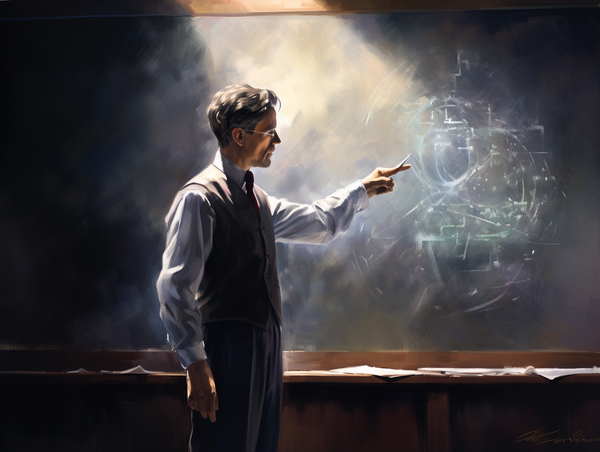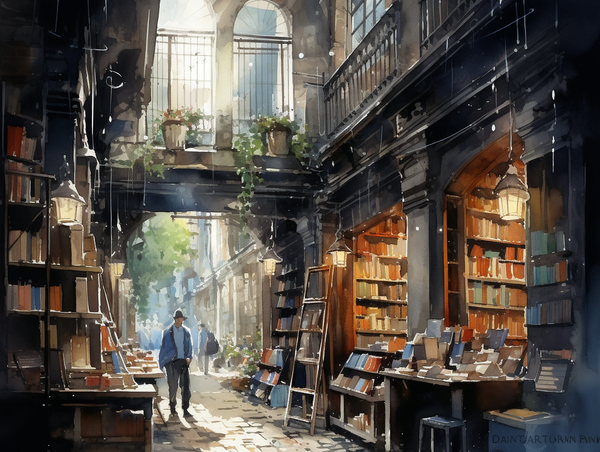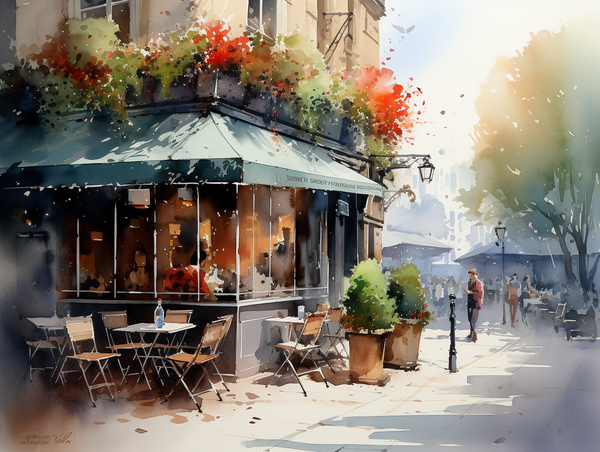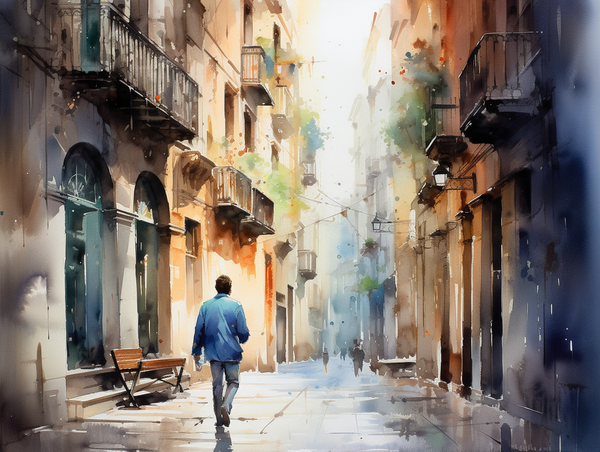The weight of creation
The imbalance of caring isn't a tragedy—it's the very point of creation itself
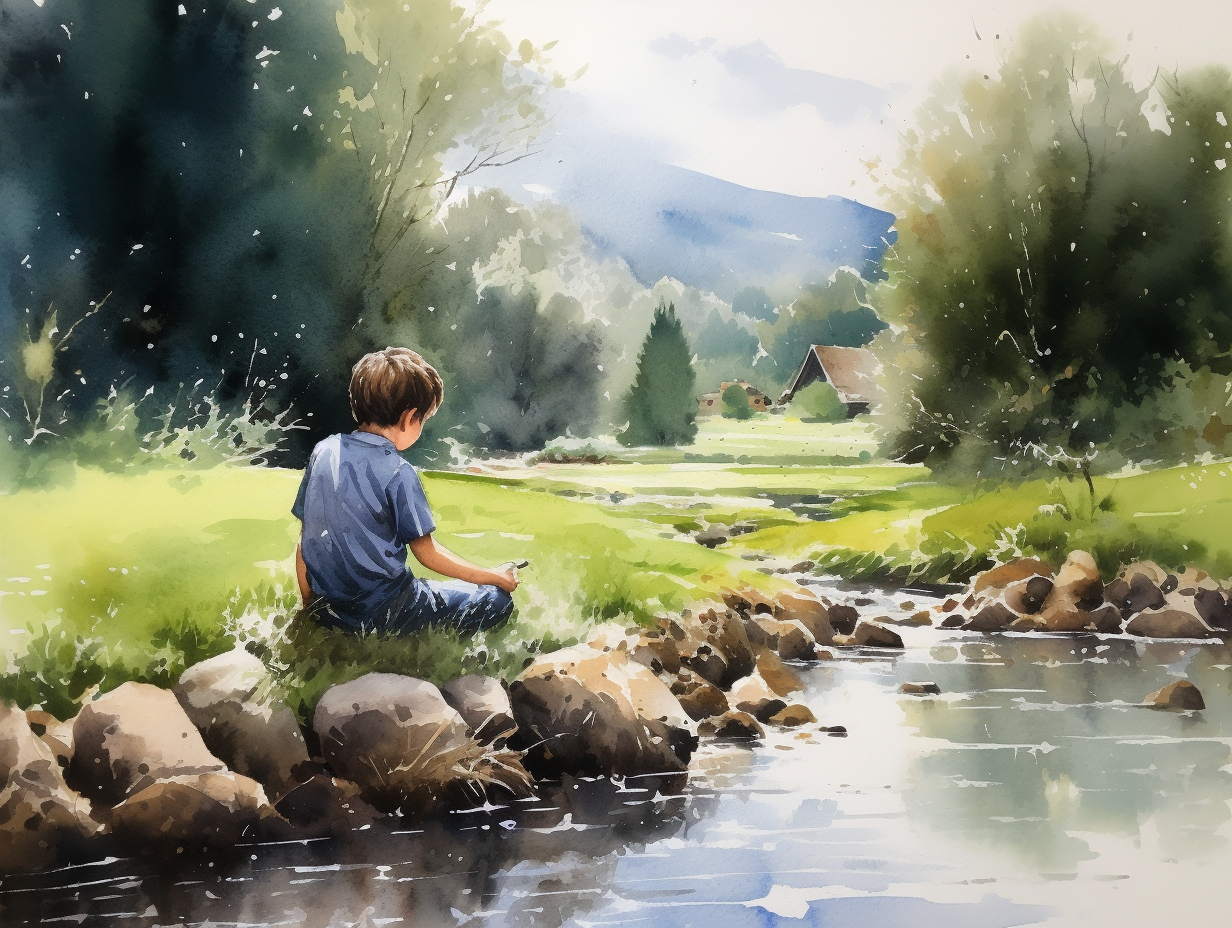
You are ready.
The day of your exhibition has come.
You stand in the centre of the small museum that has been your universe for the past few months. Morning light spills through tall windows, catching dust motes that dance above your carefully arranged displays. You adjust a photograph by three milli-meters, then step back to assess.
Not quite right. You move it again.
Your fingertips brush against a glass case, leaving imperceptible smudges that only you can see. You polish it for the third time this morning. Your reflection stares back at you—eyes shadowed from too little sleep. You haven't been home in two days. They have stopped calling to ask when you'll return. They know better.
You check your watch: 9:47. In thirteen minutes, the doors will open. In thirteen minutes, strangers will wander through the rooms that contain your heart, your mind, your soul rendered in objects and text and careful arrangements of light and shadow.
You straighten a label that isn't crooked. You rearrange pamphlets that are already perfectly aligned. You are stalling, you know this. Once they enter, it is no longer yours alone.
At precisely ten o'clock, you unlock the doors and wait.
The first visitor is an elderly man. White hair, cane, newspaper tucked beneath one arm. He nods at you and shuffles past. Eight minutes and twenty-three seconds. That's how long it takes him to walk through your entire exhibition. You've counted every second. He pauses twice—once to check his watch, once to retie his shoelace.
"Very nice," he says as he leaves.
By afternoon, thirty-seven visitors have come and gone. You track their movements, noting which displays draw them in, which they pass without seeing. Most spend less than fifteen minutes inside your carefully constructed world. They look without seeing. They see without understanding. You want to grab them by their lapels. You want to force them to look.
But you wait graciously.
A young couple stands before what you consider the exhibition's centrepiece—a collection of handwritten letters exchanged between a local factory worker and her brother at the front lines of World War II. You found these letters in a forgotten attic, spent months verifying their authenticity, translating passages, researching contexts, creating connections.
The story they tell broke your heart.
"Should we get poutine for lunch?" the young woman asks her companion, her eyes never leaving her phone screen.
"Yeah, I'm starving," he replies, already turning away.
Forty-two seconds. They spent forty-two seconds with those letters.
At closing time, you sit alone on a bench in the centre of the main gallery. The silence feels comforting amidst the curious hollowness spreading inside you. Nobody cares about this exhibition the way you do, and it is such beautiful futility! To care so completely about something that others will experience so incompletely.
But therein lies the key paradox; the imbalance of caring isn't a tragedy—it's the very point of creation itself.
We do not create because others will care as much as we do. We create precisely because they don't. We care enough to bring something into being— that a few might truly see. And in those rare moments of true seeing, something miraculous happens: our excessive caring creates a small veil of caring in someone else.
The next morning, you return to the museum and move a photograph three millimeters back to its original position. You adjust the spacing on a label that has bothered you. You begin planning your next exhibition. This is your purpose: to care excessively about things most people will barely notice.
On your desk sits a visitor comment card from the previous day. The handwriting is messy, the message brief: "The letters made me call my brother for the first time in ten years. Thank you."
Outside, snow begins to fall. You watch it gather on the windowsill and think about the millions of unique crystalline structures dissolving even as they form. No one will ever see them in their perfection. No one will ever care about each snowflake. And yet, how beautiful they are, falling together, making something larger than themselves.
Very nice, indeed.
About Me:
I write 'cos words are fun. More about me here. Follow @hackrlife on X

